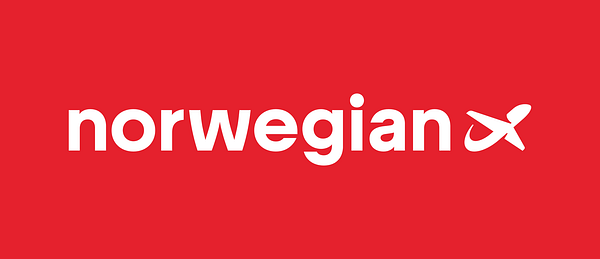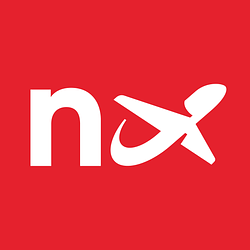Press release -
Norwegian reports its best ever quarterly result with a profit before tax of NOK 2.2 billion
Norwegian’s third quarter results are characterised by improved profitability, higher unit revenue, lower unit cost and reduced growth, in line with the strategy. Profit before tax improved by 38 percent to NOK 2.2 billion compared to the same quarter last year.
Unit revenue and revenue per passenger kilometer (yield) both increased by 3 percent this quarter. Total revenue was NOK 14.4 billion, an increase of 8 percent from the same period last year, primarily driven by intercontinental growth. Norwegian carried approximately 10.5 million passengers; a reduction of 3 percent due to lower capacity. The load factor was 91.2 percent, up 0.7 percentage points.
Norwegian’s key priority is returning to profitability through a series of measures, including an optimised route- and base portfolio and an extensive cost-reduction program. The production growth (ASK) in the third quarter was 3 percent, down from the peak growth of 48 percent in the second quarter of 2018. The company’s internal cost reduction program, #Focus2019, continues with full force with an achieved cost reduction this quarter of NOK 827 million. The company expects to achieve a cost-reduction of NOK 2.3 billion for the year through #Focus2019.
“Norwegian’s third quarter results show that we are delivering on our strategy of moving from growth to profitability. We are delivering record-high earnings, record-high operating revenue and reduced unit cost, even when hit by operational issues outside of our control,” said Acting CEO and CFO of Norwegian, Geir Karlsen. “I would also like to commend everyone at Norwegian for contributing to delivering on our cost-reductions,” he added.
As Norwegian’s international foothold has continued to grow, the United States is now the largest market in terms of revenue, followed by Norway, Spain and the UK.
Since 2008, Norwegian has reduced the per passenger CO2 emissions by 30 percent. During the third quarter, Norwegian’s CO2 per passenger kilometre was 69 grams - unchanged from the same period previous year, due to the use of older wet-leased aircraft caused by the grounding of the 737 Max 8 fleet. The passenger climate impact will also be reduced going forward as more new aircraft enter the fleet. With an average age of only 3.8 years, Norwegian’s fleet is one of the most fuel efficient and modern in the world.
For more information, please see attached pdf.
Topics
Categories
Norwegian in the UK and Ireland:
- Norwegian carries almost 6 million UK passengers each year from London Gatwick, Edinburgh and Manchester Airports to 30 destinations worldwide
- Norwegian is the third largest airline at London Gatwick, with 4.6 million yearly passengers, and with more than 1,500 UK-based pilots and cabin crew
- In 2014, Norwegian introduced the UK’s first low-cost, long haul flights to the U.S. - the airline now flies to 12 U.S destinations, Buenos Aires and Rio de Janeiro from London Gatwick
- Norwegian is the only airline to offer free inflight WiFi on UK flights to more than 30 European destinations and 14 long-haul destinations.
- The airline has one of the youngest aircraft fleets in the world with an average age of 3.8 years, including next-generation Boeing 787 Dreamliner, Boeing 737 MAX and Boeing 737-800s
- Norwegian has been voted ‘Europe’s best low-cost carrier’ by passengers for six consecutive years at SkyTrax World Airline Awards from 2013-2018, along with being awarded the ‘World's best low-cost long-haul airline’ in 2015, 2016, 2017, 2018 and 2019
- Norwegian Reward is the airline's free to join award-winning loyalty programme offering members CashPoints and Rewards that reduce the cost of Norwegian flights


